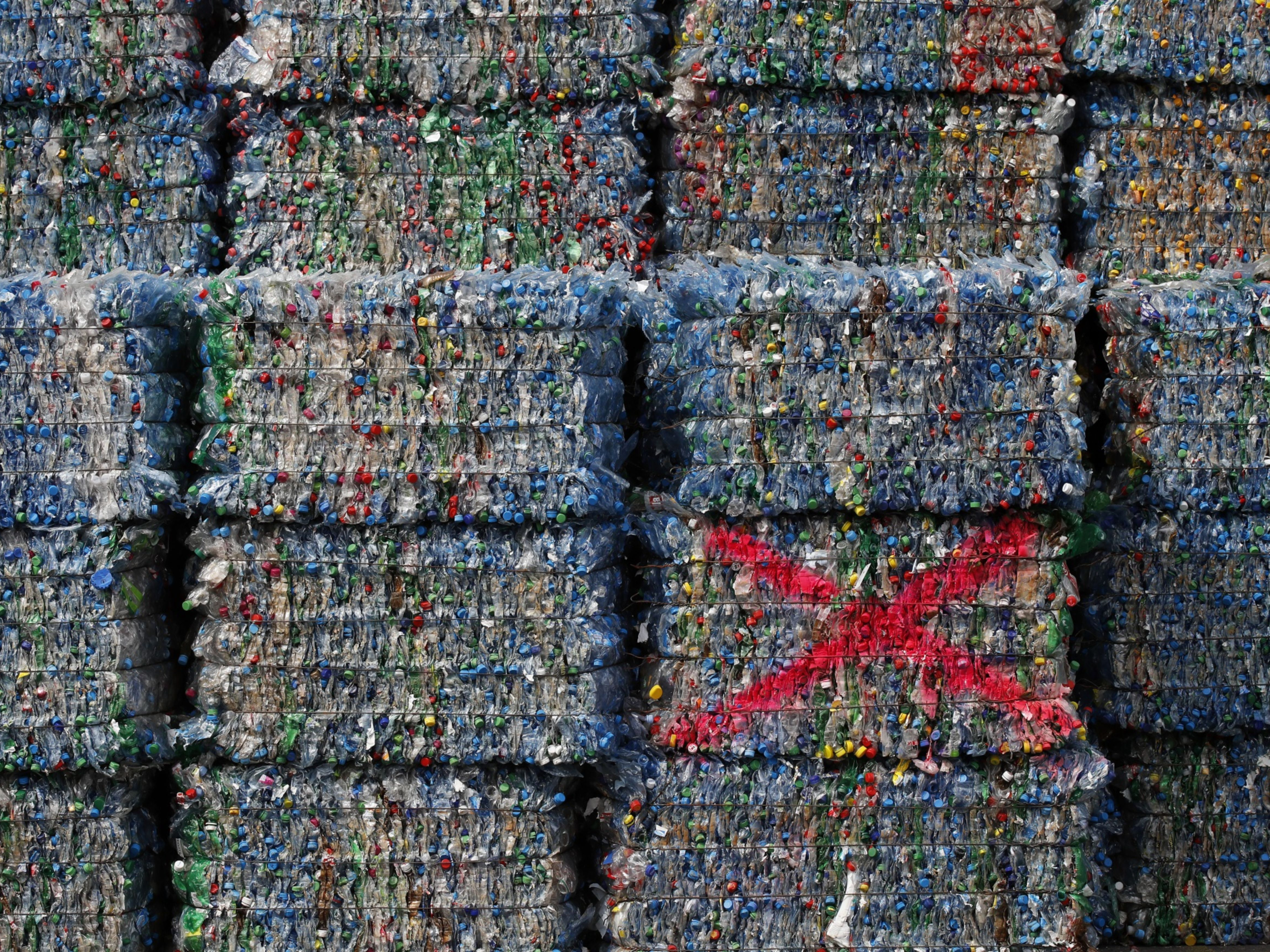
Since the Paris climate change agreement in 2015, supply chains around the world have committed to work toward slowing the rise in global temperature. Conservation of resources; investments in green technologies; adoption of reduce, reuse and recycle principles, and development of low-carbon products are some of the ways that firms have contributed. Despite these efforts, the Paris target seems to be slipping from reach.
Things have changed drastically since the beginning of this year. The COVID-19 pandemic, which has accounted for more than 350,000 deaths, has pushed the world’s economies into a state of near-complete shutdown. The reduced economic activity has had an unintended consequence on the environment, bringing down emission levels significantly. This short-term reduction is primarily due to reduced transportation, which contributes to almost 25% of all the global carbon emissions.
However, this deadly pandemic also has had several unplanned negative consequences on the environment, some of which have already caught global attention, while others are yet to be realized. These are highlighted below.
Medical Safety Factors
- Medical waste: With the increased use of personal protective equipment (PPE) kits by healthcare professionals and individuals alike, large amounts of plastic waste is generated. For instance, in Wuhan, China, around 200 tons of trash were processed each day during the crisis. While some cities have safely processed the disposal of such waste by having enough capacity of incinerators, masks and gloves were found littered on the streets, and possibly even reached the waterways in some places.
- Increased plastic consumption and decreased recycling: Owing to the possibility of infection through direct contact, consumers have influenced retailers to bring back plastic bags. Also, given the rise of online and zero-contact deliveries, plastic consumption has increased. To make things worse, stating the same reasons for possible infections, some municipalities have even stopped sorting and recycling plastic waste.
Behavioral Factors
- Mental accounting: Organizations that might have earmarked funds for environmental sustainability efforts will have to divert these funds to revive themselves. Strategic focus and corporate boards’ attention could shift from sustainability to economic revival, or even survival for some.
- “Unshared” economy: The post-pandemic world might bring several behavioral changes. With the fear of exposure to infections and lack of trust of others, individuals might avoid overcrowded public transport and prefer solo over pooled travel. Hotels and flights will run at well below capacity. While some people might avoid travel, essential business travel and personal commuting will occur primarily using private vehicles. To meet the demand, these services will have to run for longer periods of time, burning extra resources and leading to more emissions.
- Overstocking and overproduction: The pandemic caused many consumers to panic over the prospect of grocery stocks running out. While consumer demand for non-essential items might dip in the short term, hoarding patterns will continue well after the coronavirus scare is over. Even with robust data integration with suppliers, this might lead to the bullwhip effect in supply chains, resulting in overproduction to offset long lead times and centralized manufacturing.
Economic Factors
- Decoupling: With many supply chains facing disruptions during this pandemic, it might be natural for firms to think of creating buffer supply sources or resort to reshoring practices. This will lead to decentralized and decoupled supply chains with unutilized capacities, overproduction and excess inventories. Studies have shown that these are linked to adverse environmental impacts.
- Economic revival: With the world on the verge of global recession, several countries have announced financial stimulus packages to revive their economies, and have relaxed norms around carbon emissions. In the U.S., for instance, fuel-efficiency standards have been significantly relaxed, which will lead to increased fossil fuel consumption. Similarly, China’s Ministry of Ecology and Environment is deferring implementation of stricter environmental norms to allow factories to make up for lost production. We will probably see a boomerang effect, with a rapid increase in emissions once the dust around this pandemic gets settled. During every pandemic or economic crisis, emissions have nosedived for a short-period, only to increase sharply in the next few years. Also, an inability to monitor emissions immediately after the economy reopens, and increased focus on economic revival, might virtually hand over bailouts to major polluters in the industry, thus pushing back progress on environmental protection by several years.

To counter these unplanned consequences of the COVID-19 pandemic on environmental sustainability, supply chain-centric policymaking is the critical need of the hour.
- Production policies: It’s likely that physically tracking emissions will be difficult in the current situation. Therefore, policymakers can mandate firms to invest in internet of things (IoT)-based smart sensors, which can provide real-time emissions tracking across supply chains. To avoid problems associated with manual sorting of post-consumer waste, municipalities can invest in robotic segregation powered by artificial intelligence and IoT to segregate, clean and disinfect waste for further processing. Given the possible increase in plastic waste generation in the post-COVID world, an increased emphasis on recycling and remanufacturing is a must to achieve climate-change goals.
- Transportation policies: A likely increase in usage of private vehicles must be balanced by policy incentives to both car markers and consumers to move toward higher adoption of environmentally friendly and electric vehicles.
- Consumer-nudging policies: It’s natural for the climate-change argument to lose relevance in the post-COVID-19 world. However, policies should be designed using behavioral science in such a way that consumers should be nudged toward using greener products.
It’s unarguably true that economies must find a way to bring back economic normalcy by creating jobs. However, sustainability-driven policymaking could promote economic revival as well as environmental growth. Several countries like Germany and South Korea have developed ”green” economic stimulus packages that will not only develop tens of thousands of jobs, but also push forward a sustainable growth agenda.
Sirish Gouda is an assistant professor at Indian Institute of Management, Tiruchirappalli. Debabrata Ghosh is an associate professor at Malaysia Institute for Supply Chain Innovation, MIT SCALE Network.







